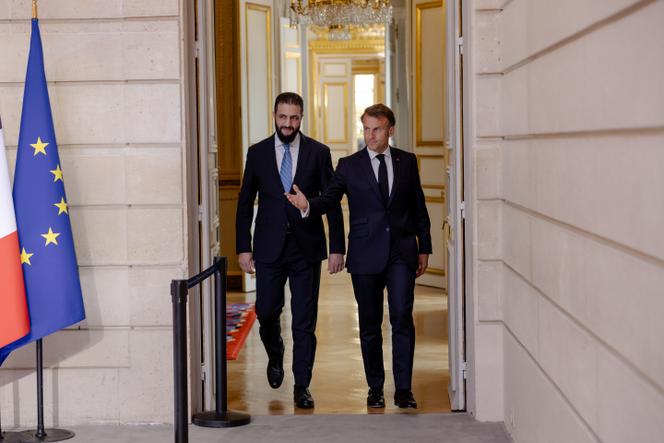


"Young, attractive guy. A strong past. A fighter. (...) He's got a real shot at pulling it together." With his flamboyant style, US President Donald Trump offered Syria's new leader, Ahmed al-Sharaa, the recognition he had been waiting for since he took power, on December 8, 2024. The efforts that the former jihadist-turned-reformed leader, 42, put into polishing his image and courting Arab and Western leaders have paid off. In Riyadh on May 14, through the intercession of Saudi Crown Prince Mohammed bin Salman and Turkish President Recep Tayyip Erdogan, al-Sharaa secured a meeting with Trump and the promise of lifting US sanctions on Syria.
The US president's outreach was as sudden as it was unexpected for al-Sharaa, reminiscent of the fall of Syrian dictator Bashar al-Assad. However, the man was not caught off guard. When he was still the leader of the Islamist group Hayat Tahrir al-Sham, and known by his nom de guerre Abu Mohammed al-Julani, he had developed a clear vision of the role he intended for Syria on the world stage. A pragmatic more than an ideologue, al-Sharaa had made – as soon as he broke with al-Qaida in 2016 and rose to power in the northwestern rebel enclave of Idlib – "opening up to the West" a guiding principle for Syria, previously anchored to Russia and Iran.
You have 82.12% of this article left to read. The rest is for subscribers only.
